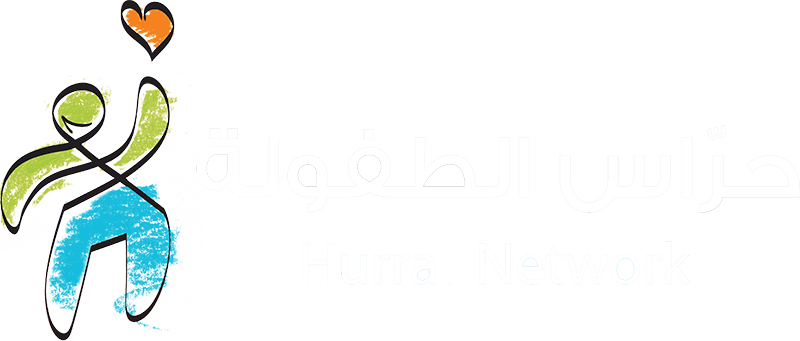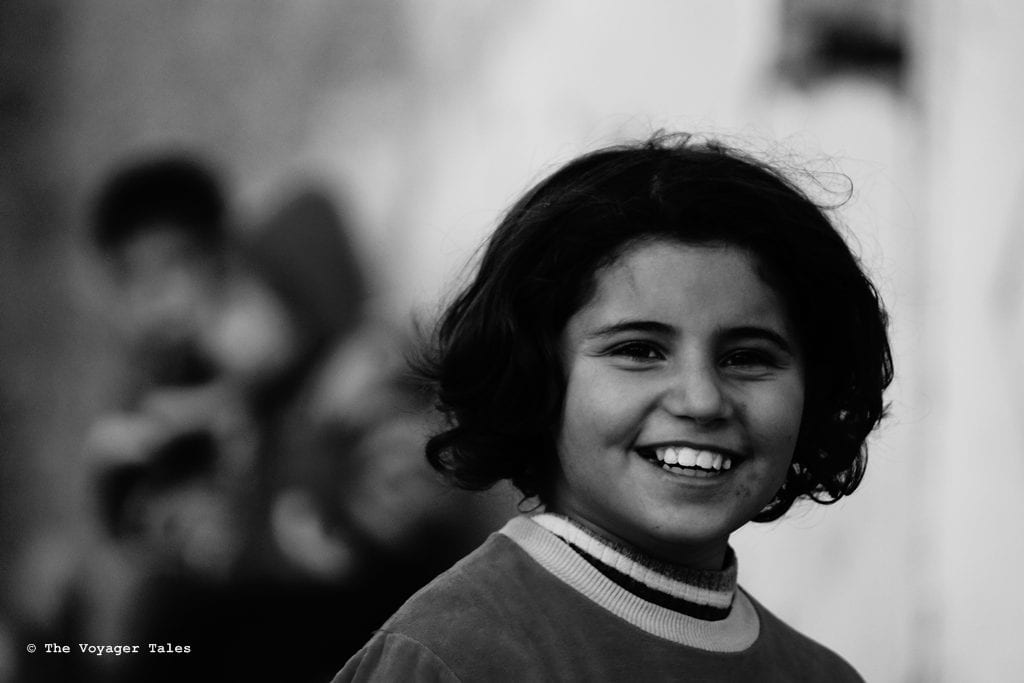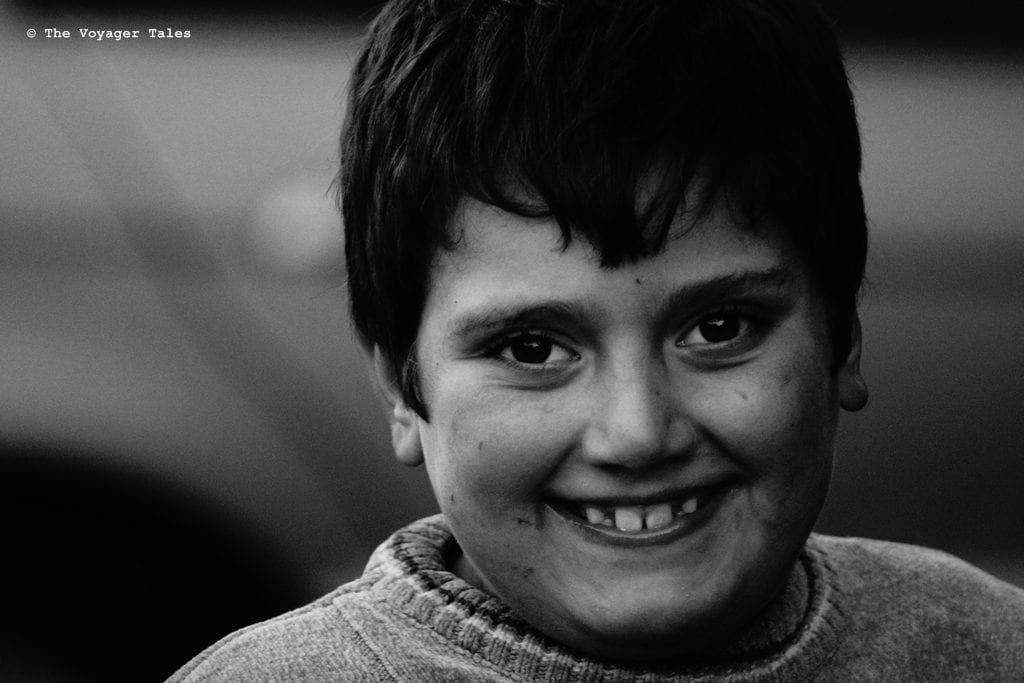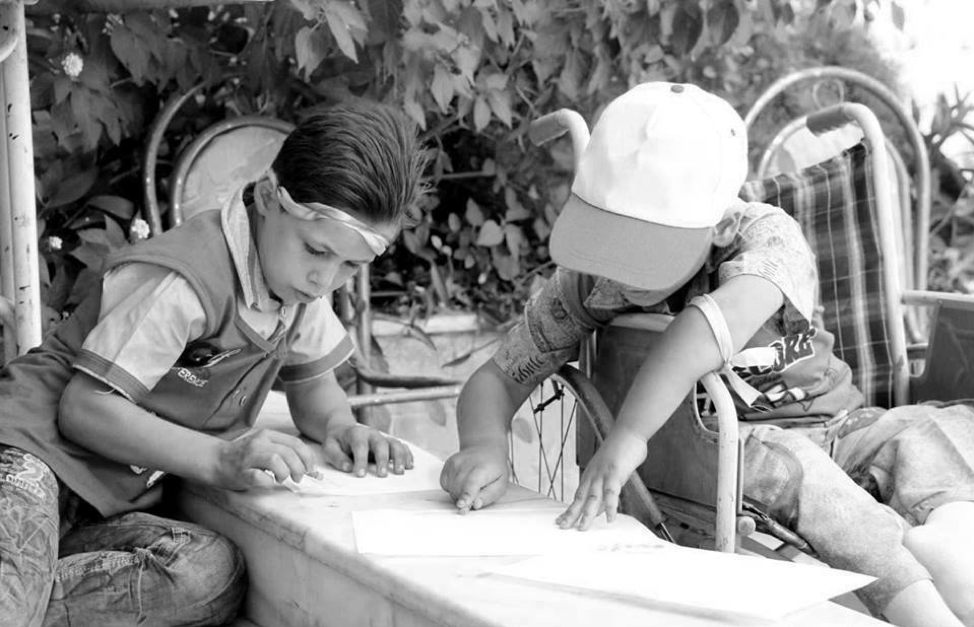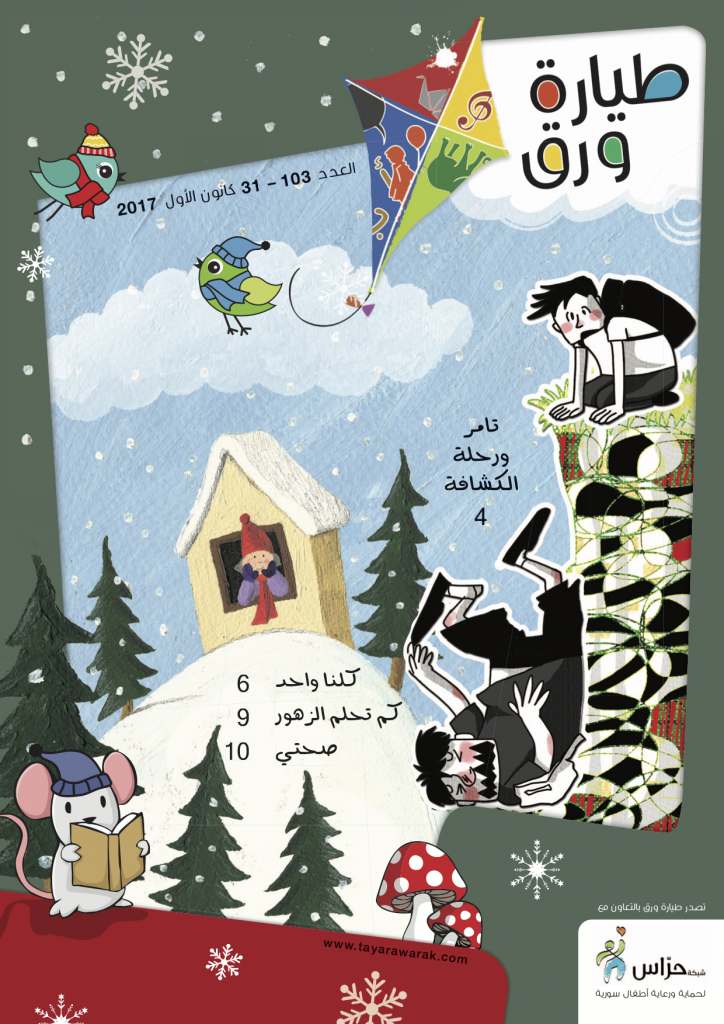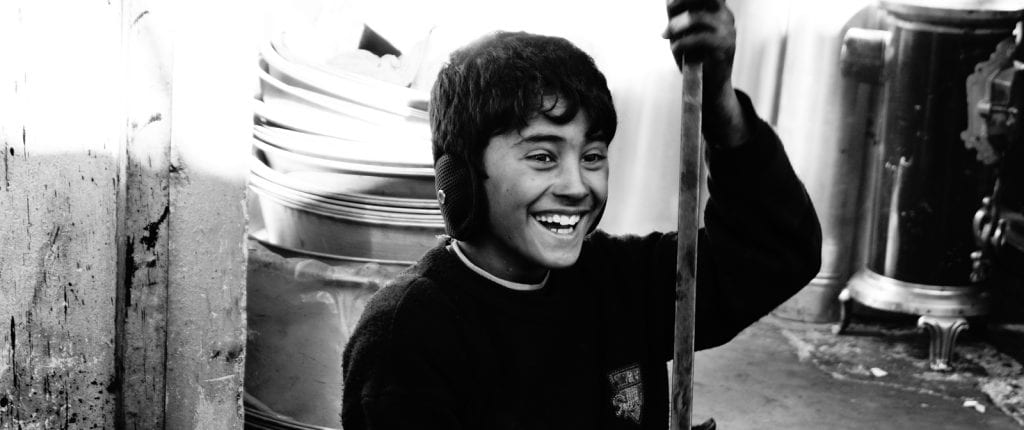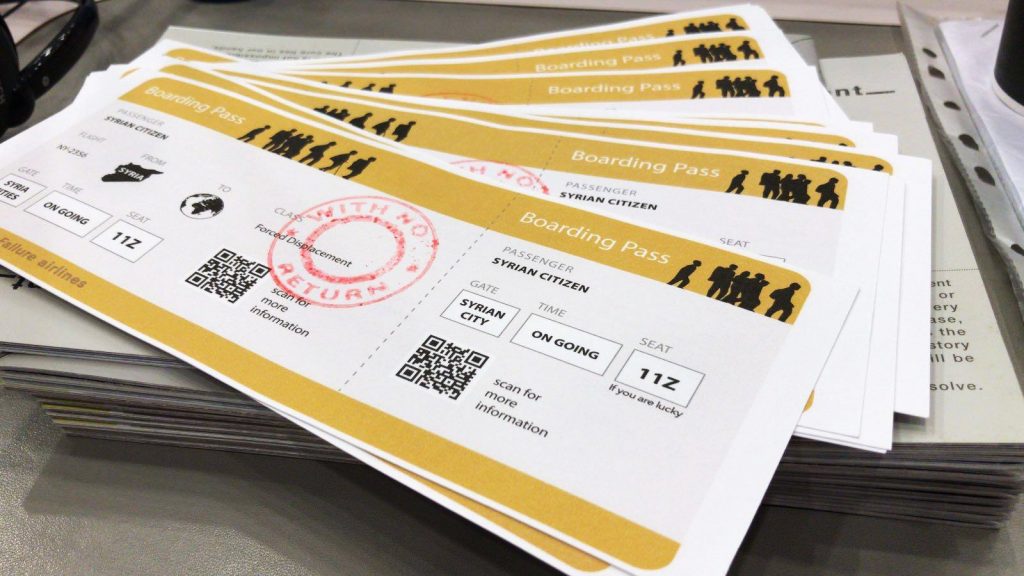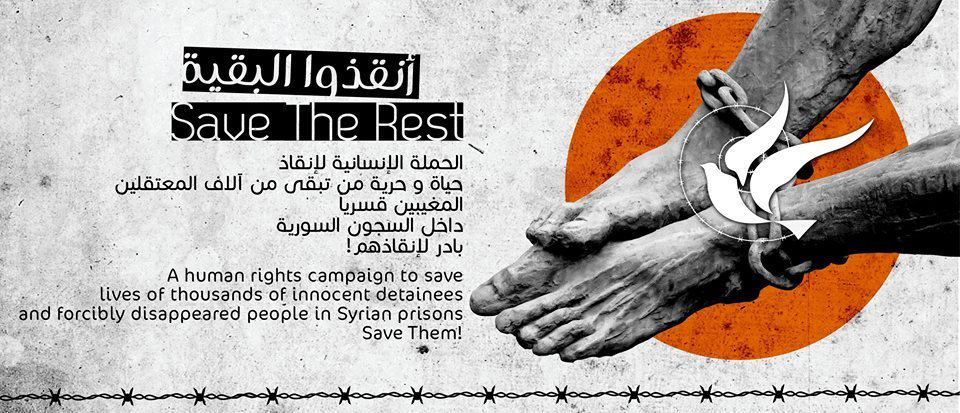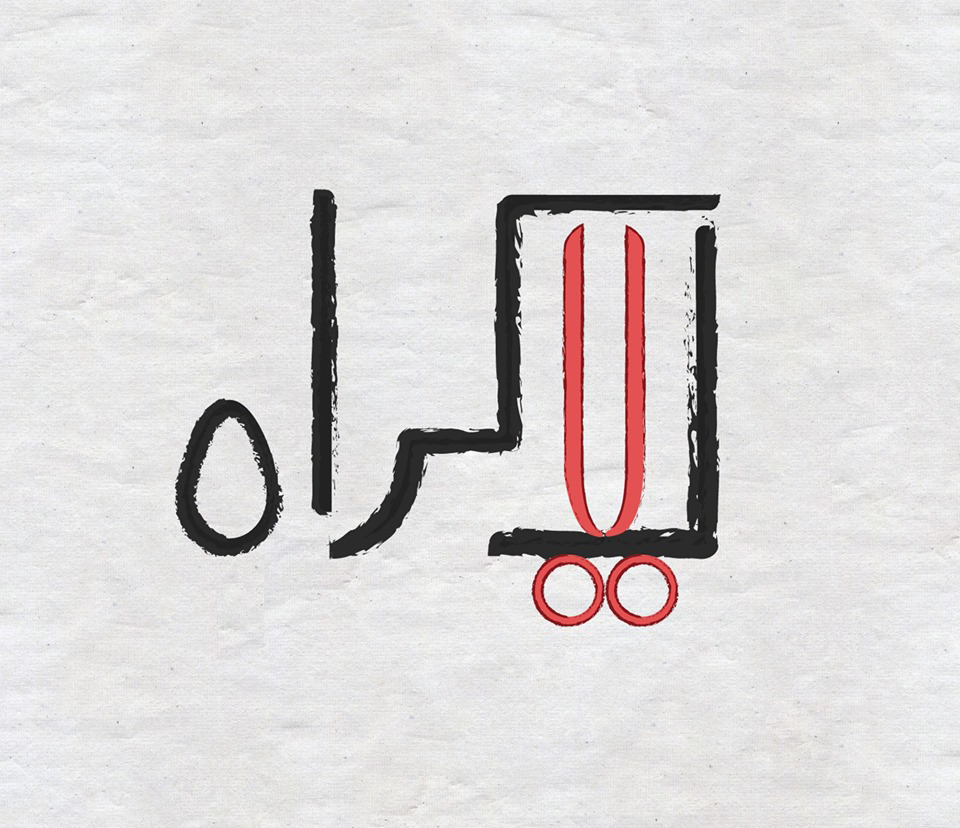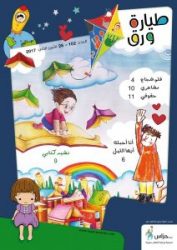Awareness Campaigns
At Hurras, we place great importance on educating our children on how to care for and protect themselves, and how to enjoy a healthy life. Our goal is to raise awareness on the dangers they may face in times of crises and war, and to help them understand and cope with the different types of abuse and exploitation they may face.
To this end, Hurras developed a set of child-friendly educational materials to instill safe behavior in children, improve their quality of life, and reduce the risks of death, injury, trauma, exploitation and disease.
Education is a basic right for children. It is a vital tool to restoring a sense of normality and laying the foundation to rebuild society. Our awareness campaigns focuses on the importance of restoring the country’s education system and returning children to safe schools. The campaign also aims to raise awareness amongst some communities on the value education, to instill a love for knowledge and reading in children, to develop their ability to communicate, and to understand the importance of sports and play in child development.
We believe children should know, understand and enjoy their rights as defined by the United Nations Convention on the Rights of the Child. Educating children about their rights and the rights of others will help them to avoid abuse and exploitation, express their fears and learn to whom they can turn to for help.
This campaign aims at raising awareness of children’s basic rights such as the right to life, education, having a name and a nationality, equal opportunities for boys and girls, and living in a safe and caring environment, in addition to the rights of children with special needs and those who are refugee. The campaign presents eye-catching posters that reflect the colorful dreams that our children have for their future.
We believe that providing psycho-social support to children during war is vital to help them recover and restore their sense of safety and normality. To this end, Hurras launched several awareness campaigns to encourage children to resume normal activities such as exercise and group play, and offer alternatives if they cannot practice them. The material also helps them deal with traumatic situations. It helps them understand these situations, express their feelings of pain, fear or loss, and talk about their dreams and wishes in life.
Health and hygiene posters
We want our children to understand the importance of hygiene and to develop healthy self-care habits. Theses posters are produced in a fun and colorful way to encouraging a culture of good hygiene and sanitary habits. This will improve the quality of their lives, reduce illness and infections, and contribute to creating a healthy, safe and clean society.
These posters are designed to raise children’s awareness of the importance of hygiene and sanitation to prevent parasitic infections such as lice. This will improve the quality of their lives, reduce illness and infections, and contribute to creating a healthy, safe and clean society.
We place great value on raising children’s awareness of the importance of healthy eating, hygiene and sanitation. These posters will help children embrace healthy habits to improve the quality of their lives, reduce illness and infections, and contribute to creating a healthy, safe and clean society.
Education & parenting
Hurras recognizes the importance of care provided to children by their parents, the family, teachers and other individuals working with children. Our main priority is to enable caregivers to play their part in catering towards children’s best interests and supporting their rights.
Our campaigns emphasize positive parenting methods such as listening to children, understanding their world, embracing their views and opinions, and offering them support when they need it. It encourages parents and caregivers to help children find solutions instead of resorting to criticism and pressure, and to set an example for positive attitude and respect.
During times of crises and war, the phrase “Back to school” has a completely different context. It means returning to a normal life, enjoying a safe environment or simply being able to dream about the future. Education is essential to restoring a sense of normality and laying the foundation to rebuild a torn society. This is why we believe that the country’s education system needs to be restored and that children must return to safe schools, where teachers and social workers are efficiently trained to provide socio-psychological support to the children affected by war.
Our “Back to school” campaign is aimed at mobilizing communities, donors, partner organizations and governments to establish permanent or temporary learning spaces or Child-friendly Spaces for children, to help develop their potential and improve their psychological and social well-being.
Posters for Teachers
“What to do if” is an awareness campaign designed for teachers to help them understand and address the negative impact of war and conflict on a child’s psychological well-being. These posters focus on feelings of loss, anxiety, anger, physical and emotional pain, depression and separation anxiety. They also offer teachers a guide to address these issues in the classroom.
This series of posters is designed for mothers to encourage them to embrace positive parenting methods, such as listening to children, understanding their world, embracing their views and opinions, and offering them support when they need it. They encourage mothers to help their children find solutions instead of resorting to criticism and pressure, and to set an example for positive attitude and respect.
This wonderful series of posters offers children a set of psycho-social support exercises to help them deal with traumas, address their fears and anxieties, express their feelings, share experiences, and engage positively with friends and family members.
This series focuses on the different types of trauma and risks that children face in times of war and crisis. It highlights common mistakes that caregivers make when addressing these traumas.
This series highlights the best practices to provide psycho-social support to children. It focuses on the different types of trauma and risks that children face in times of war and crisis, and highlights common mistakes caregivers make when addressing these traumas.
This collection of posters offers advice to parents on positive parenting and the importance of listening to their children, understanding their world, embracing their views and opinions, and avoiding criticism and pressure.
This protection-awareness series is intended to teach children how to protect themselves in times of war, what to do during air strikes and artillery shelling, how to act when encountering landmines, unexploded ordnances or any other suspicious remnants of war.
This series is designed for children to teach them how to avoid getting lost especially during travel or emergency evacuation. It also shows the children what to do, and what to avoid, when they can’t find their parents, and offers them some tips to follow before and during travel.
An awareness campaign designed to help understand and address the negative impacts of war and conflict on the children’s psychology and well-being. The posters focus on feelings of loss, anxiety, anger, physical and emotional pain, depression, and separation anxiety. They also offer teachers a guide to address these issues in the classroom.
This illustrated guide is designed to help parents provide the right support to their children in times of war or crises. The posters encourage parents to understand the impact of the crisis on their children, provide emotional support, communicate with and list to them, and offer them appropriate and realistic information about what is happening around them.
Our “Protection Bag” is a collection of child-friendly posters and flyers designed to teach children how to protect themselves in times of war. They provide an easy-to-understand guide on how to avoid being injured during air strikes and artillery shelling, how to act during fires, or what to do when encountering landmines, unexploded ordnances or any suspicious remnants of war.

